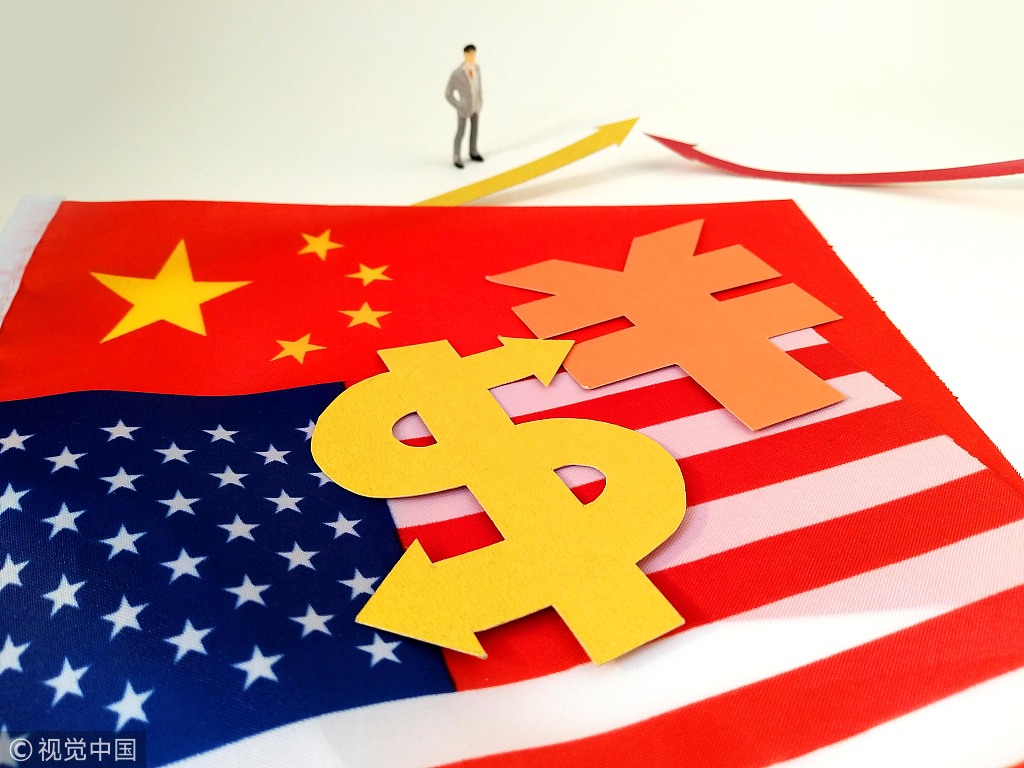Trump’s protectionism will disrupt global trade order:China Daily editorial


US Commerce Secretary Wilbur Ross betrayed the rationale for the United States' trade strategy in an interview with CNBC last week, admitting that US President Donald Trump wants to create an environment of pain for China so that it will give in to his demands.
Given this, it is not hard to understand why Trump has announced further tariffs on Chinese goods and threatened to add more if China hits back.
And it explains why, despite agreed outcomes from the negotiations between the two sides, the United States has gone back on its word in an attempt to extort more concessions from China.
It is clear that the Trump administration will resort to any conceivable means — even those that break international rules — to try and force China to meet its demands.
Ross even admitted that the US had implemented tariffs against Canada, Mexico, Japan and the European Union so they would take action against what he claimed was Chinese dumping.
"It may sound strange but the fact that we put tariffs on the goods coming out of them has modified their behavior and has induced a pretty high degree of international cooperation against dumping," he said.
But by imposing restrictions on the free flow of goods and services in an attempt to obtain its economic and political objectives, the Trump administration is disrupting the global trade order and, more seriously, damaging the value chains and mutual trust among global traders that has been built up over in the past decades.
That is why Beijing has called on countries to stand together to put an end to the US behaving like a rampaging bull in a china shop.
Without making the US feel the pain of the environment it is creating, the Trump administration will continue to take measures that bring chaos to the current global trade order in pursuit of its objectives vis-à-vis China and its jobs-for-votes strategy.
Although the US is the world's largest economy, it can ill-afford the trade war it has lit the fuse to. The costs of trade wars are enormous – The last large-scale trade war, sparked by the large US tariff hikes in 1930, saw the value of world trade decline to just one-third in three years – and the US will also pay a heavy price if it persists with it politically motivated protectionism.
China's sincerity in seeking to find common ground with the US has so far not been reciprocated, but its continued willingness to talk should not be mistaken for weakness. It will not give in to the extortion of the Trump administration.


































